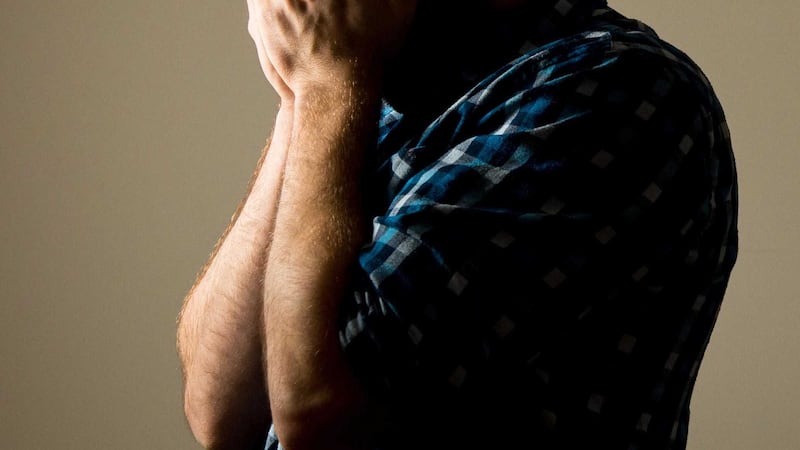IT is highly likely that in the vast majority of cases, those bereaved during the years of violence here will never discover the truth about their loved ones' deaths.
It may be a dispiriting note on which to embark on such a sensitive issue, but despite the likelihood of agreement between the IRA and Britain on what they now call legacy issues, the full truth about most deaths here will ultimately be interred with the dead.
That is unfortunate, but if truth is the first casualty of war, it often dies from its injuries in the subsequent peace.
Most families probably just want to know the details of what happened, who did it and why.
They are unlikely to discover the full truth, for three broad reasons: political, personal and paramilitary.
The political reasons are obvious. Politics dictate that the narrative of any war should show that the other guys were the baddies and our lot were heroes and victims.
As a result, the British government has rejected calls for an inquiry into its army's massacre of 11 unarmed civilians in Ballymurphy in 1971.
Sinn Féin supports those calls, but it has not proposed a similar inquiry into the Kingsmill massacre in 1976, when 10 Protestant workmen were murdered.
Both massacres (and many other killings) were effectively war crimes, in which armed combatants murdered defenceless civilians for political reasons.
But they have not been treated as war crimes, because there is no agreed noun to identify the Troubles.
Britain argues that we had civil unrest, not a war.
The IRA now calls it a conflict for equality, even though for 25 years they said it was a war for Irish unity.
For loyalists it was a defensive war to remain British. Without agreement on the rationale behind the violence, there are effectively four versions of the truth - and the IRA owns two of them.
Of course, the relatives of many victims may not want a political explanation. They just seek the truth of their loved ones' deaths.
But that is not always possible, because the only people who know the details of each killing are those who were personally there.
Accounts by some involved in the violence reveal that even those who ordered paramilitary operations cannot be sure of what actually happened.
If a bomb was left somewhere other than the planned target, was it really due to the presence of security forces?
Did the bombers get cold feet, or did they think they had a better target in mind?
Were some decisions made in the heat of battle and lied about later and were others based on personal greed, grudges or other interests rather than paramilitary strategy?
Could some bombers not find a working phone, or did they panic and run away?
Did soldiers really shout a warning before opening fire? Only those who were there know the truth.
So even if the army and paramilitary groups genuinely try to tell the truth, what they tell may, unwittingly, be far from true.
Also, there are presumably many non-combatants who influenced events by providing covert assistance, turning a blind eye to what was happening, or reporting what they saw to the police.
Can we really expect them to come forward now and reveal all?
Finally, how can we ever be sure of what happened in paramilitary organisations?
Since they presumably did not keep written records, how could we discover if, for example, an act of violence was carried out on the basis of an order, or in the belief that retrospective approval would be easier to obtain than prior permission?
How many went out on an operation (both military and paramilitary) in the knowledge that if they were caught, their organisation would disown them?
What about the murky world of informers, real and imaginary, where many needlessly died to protect the identities of others?
What about informers who were never discovered? Are they still there?
Can we really expect them to come forward now? Does anyone believe that British intelligence will now reveal how it gathered information, since it is presumably still gathering similar intelligence?
And even if all those questions could be answered, how would the public ever recognise what constitutes the whole truth?
On all sides, there is too much to be lost and too little to be gained in revealing the inhumanity of our war.
Most of it would be politically unpalatable. If history is a fable agreed upon, the "truth" of our recent history is likely to be accommodated through another agreed fable.
They will probably call it a fresh start.









